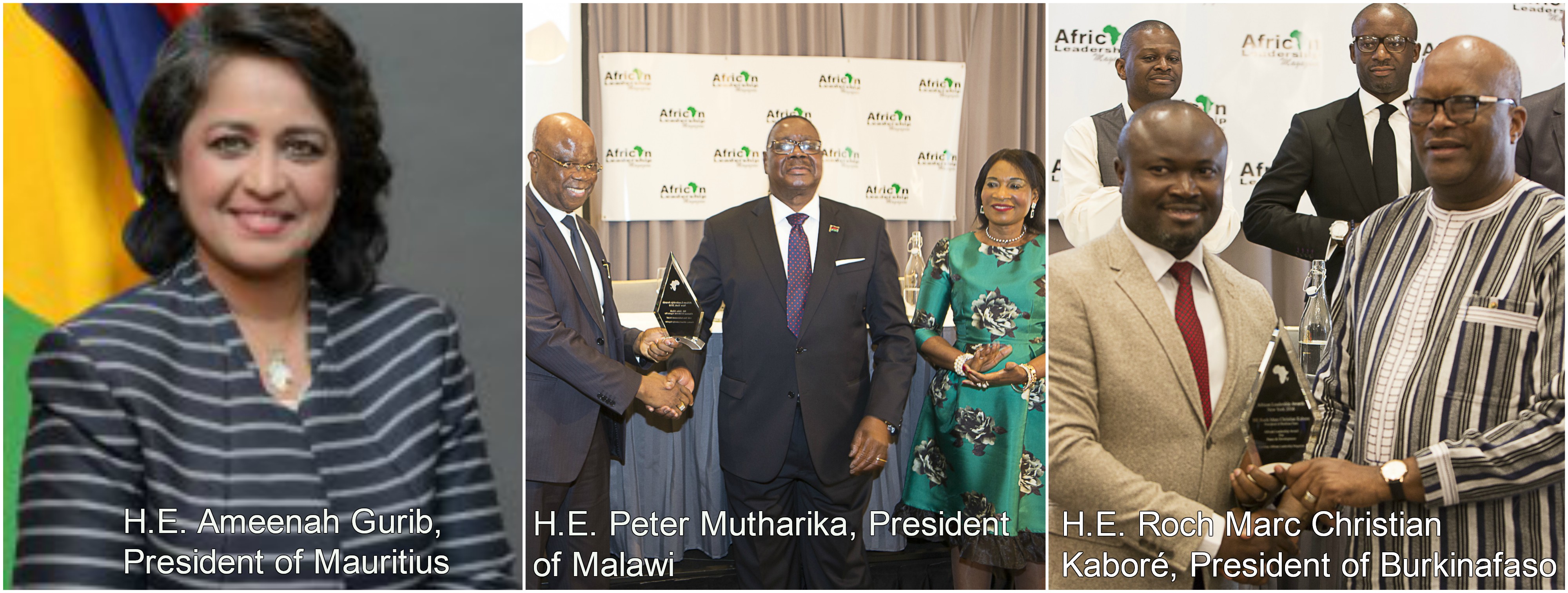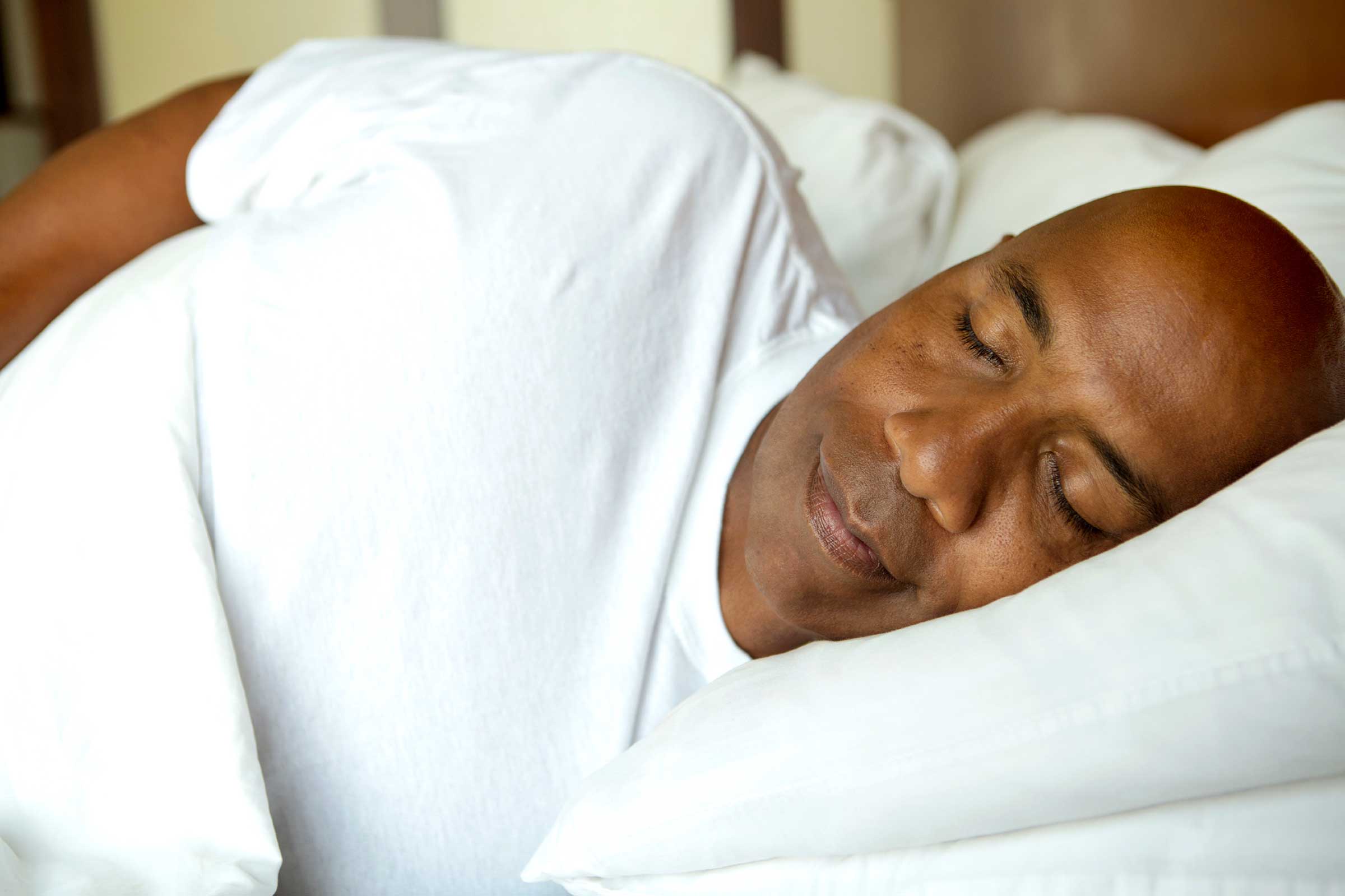Every September, for six years running now, the African Leadership magazine organises the International Summit on African Leadership on the margins of the United Nations General Assembly in New York, as a global platform for showcasing Africa’s contributions to the world, while engendering the debate on how to build a stronger and more virile Africa that can, and would, lead the world.
This year, the summit ended with a call for Africans to be guided by the “fierce urgency of now” in the search for Africa – centric development solutions that would aid the transformation of all of Africa into a continent of hope and prosperity; producers, and not just a consumer of knowledge. Her Excellency, Ameena Gurib-Fakim, President of the Republic of Mauritius made the call while presenting the keynote address at this year’s summit on the theme- “Africa today and the need for home-grown solutions: The Mauritius Example”.

President Gurib highlighted the success story of Mauritius, an island country that pundits had predicted a future of gloom and doom for, but instead the nation has progressed, against all odds, from having a system almost entirely based on sugar to a diversified economy that now includes textiles, financial services, tourism and ICT; and it’s GDP growing annually at 5% for almost 3 decades, and GDP per capita increasing from approximately $200 in 1968 to about $9000 in 2013. Yet Mauritius was without any exploitable natural resource. An economic miracle indeed according to the Nobel Memorial prize winner in Economic sciences Joseph E. Stiglitz, who wrote an article in 2011 captioned “The Mauritius Miracle”, or better still, what I would call ‘the African Economic Success Model – a true export to the world.
In his welcoming remarks, Amb. Joe Beasley, Chairman African Leadership Advisory Board North America, stated that the annual summit was significant in its agenda to inspire a rethink on not just our sustainable future and the UN-backed global Sustainable Development Goals (SDGs), but also in developing unique homegrown solutions to the problems and challenges facing the developing world today.
The summit, which was co-organised with African Leadership magazine’s sister organisation, Centre for Economic and Leadership Development, an NGO in special consultative status with the United Nations ECOSOC, also focused on issues relating to gender & sustainability with panel discussions on gender, global sustainability goals and the intersections of gender with innovation and economic sustainability. Panellists and discussants at the summit, included Cindy Pace, Vice President Global Diversity & Inclusion, METLIFE, USA; Eva VAti, Head of Sustainability, EWork Group Sweden, Rosalind Hudnell, Vice President, Intel Corporation & President INTEL Foundation USA; and South African Yolanda Cuba, CEO Vodafone Ghana.
The event also had a first ladies on a mission roundtable that featured H.E. Reema Carmona, First Lady, Republic of Trinidad and Tobago; H.E. Dominique Ouattara, First Lady, Republic of Cote d’Ivoire; H.E. Lorena Castillo de Varela, First Lady, Republic of Panama; H.E. Roman Tesfaye, First Lady, Federal Democratic Republic of Ethiopia; and H.E. Sandra Granger, First Lady, Co-operative Republic of Guyana.
The summit ended with the presentation of the Inspirational Leadership Award to HE AmeenahGurib of the Republic of Mauritius. Other awards also went to Paul Adefarasin, Founder House on the Rock Nigeria., Lawrence Sikutwa, Chairman, Madison Financial Services Plc, Zambia, Esther Cobbah, CEO Stratcom Africa Ghana, among others.
It is noteworthy to mention that the 2016 Keynote Address at the International Summit on African Leadership was jointly presented by HE Roch Marc ChristainKabore, President of Burkina Faso and Prof. Peter Mutharika, President of Malawi; while the 2015 keynote was presented by the President of Namibia, Dr.Hage Geingob. It is equally noteworthy that the message has been consistent. Africa is not just rising, but beginning to lead the world with homegrown solutions in diverse sectors. While there is still so much do in terms of economic development, infrastructure, Energy and much more, there is a change movement that has begun to take root, harnessing the African resilience in the pursuit of progress, from Angola to Zimbabwe. A change from within, that believes in the African as holding the keys to the African dream. A change that begins with you as an African. The time to join this change movement is therefore now, for this is the African time!


